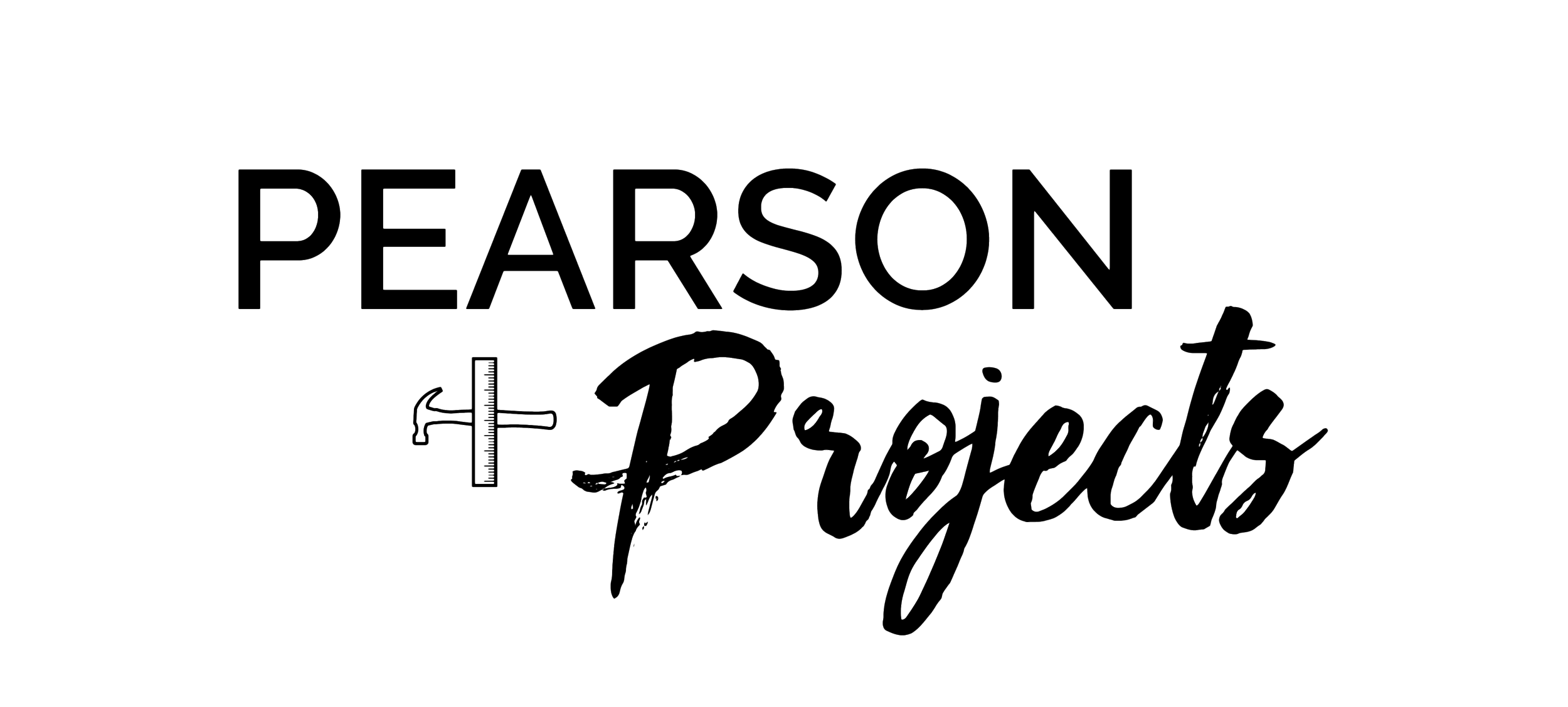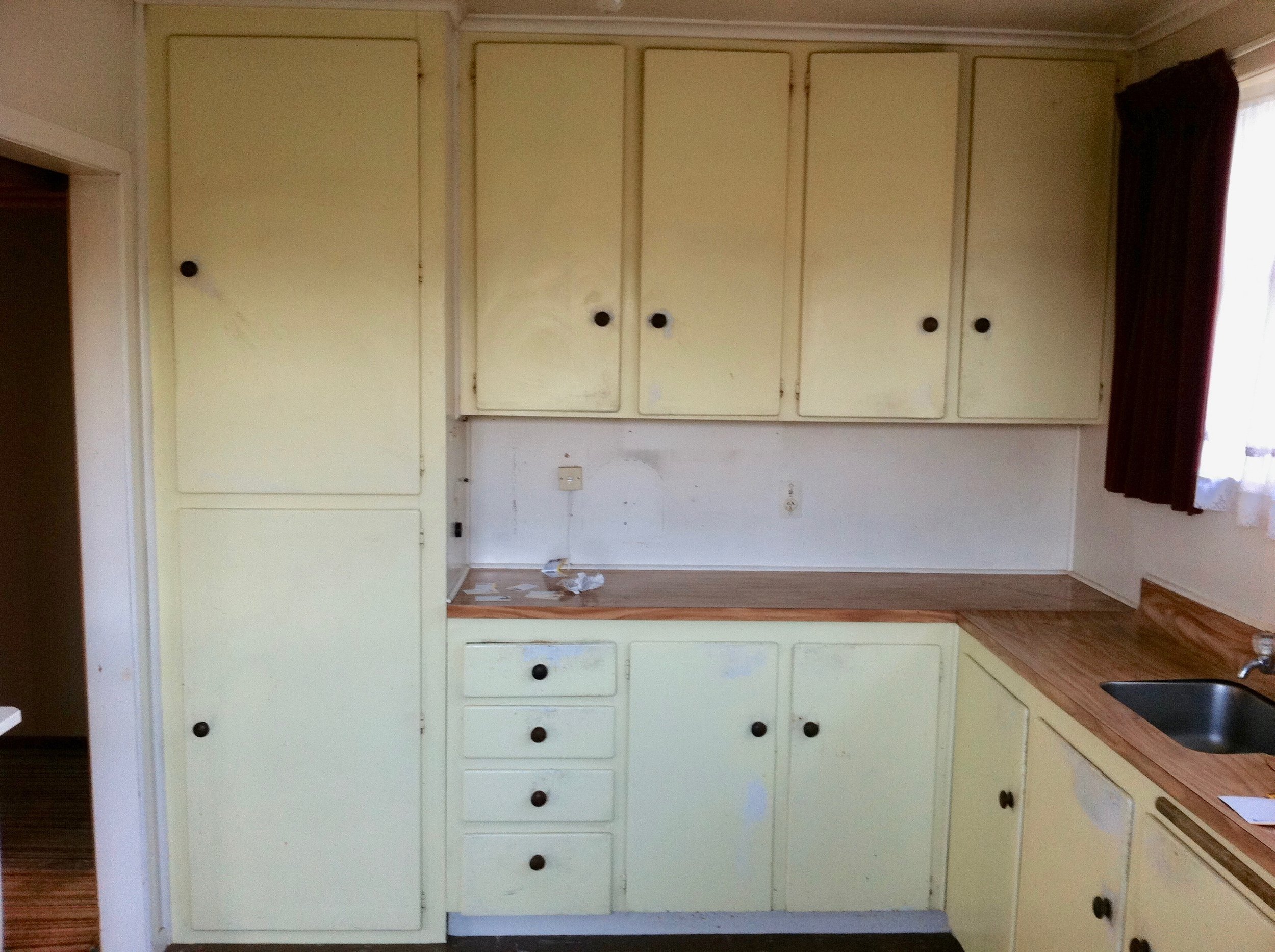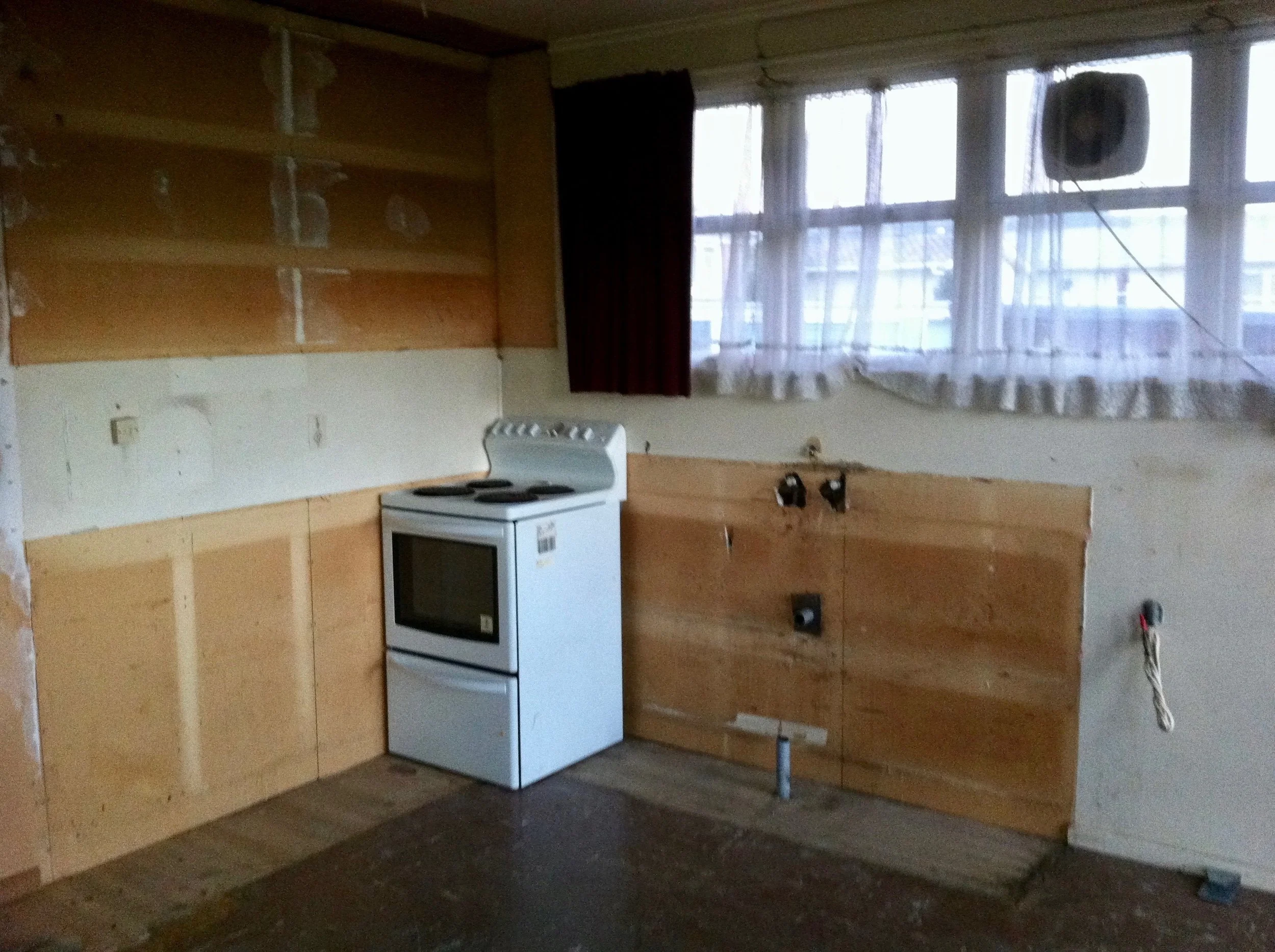Our Property Story: Securing our Second Project
If you're like me, property is not all about doing projects, making money, or trying to create an income - it’s a passion and a hobby. I genuinely enjoy reading the property section in the paper or scrolling through online listings, meeting and talking with agents and dropping in to open homes. Not with intentions of buying, but because it’s something I enjoy - to see what value people place on property and test myself on when I think there is a deal to be had.
When an agent called me about a property near where we lived that could be a great opportunity - I was naturally curious. A few phone calls, a few visits, a week later and I had placed an offer on the property. A little back and forth with the vendor and the property under contract with 5 days to make sure all was ok to go ahead. Oh, and work out exactly what we had just done and make a plan.
The property was a deceased estate, had great bones but lacked any recent maintenance. A spacious 2 bedroom cross-leased unit, located at the far end of the section which made it feel like a standalone house. Given the property was in the same suburb we were living and I spend a lot of time looking at properties (especially near our home), I felt comfortable the price was good.
There were some obvious reasons the unit was so cheap - any of which would have been good reasons why no one else was making offers. Firstly, the great north-west outlook of the unit looked directly onto the train tracks (literally 3 meters over the back fence). Second, a couple properties away were high voltage powerlines - not a great view. Third, the house needed some love. But the potential we saw was that it was essentially a house being sold as a unit, good orientation and natural light, good storage in a big basement, and the fact that few changes and updates inside would make a huge difference. We were no means renovation experts, but after doing some hard work and learning a lot on our home (and enjoying the experience) we were open to doing it again.
We went unconditional a week later after getting the go ahead from our bank and solicitor, now we needed to work out what our plans were. We decided we wouldn’t live in it, we were enjoying our home and living with friends. However both were keen to try our hands at another project, so decided to do a renovation and rent it out. Living in a close proximity to the unit was a benefit and the fact the unit was small meant the scale of work wasn’t overwhelming.
Plans included removing a wall in the kitchen to open up the living, replace the kitchen and bathroom, sand and polish the wooden floors, repaint throughout and add new light fittings and window dressings. I did an initial budget which came to $17,000 and we didn’t have a timeframe other than as quickly as possible. To help us get through it quicker, we hired a builder to do the building work and put more focussed time into planning, project management and sourcing.
Our key learning with this renovation was finding a strategy in allocating cost and our time more efficiently. We were still living in our home and renovating this unit which meant covering two mortgages. While getting more tradespeople involved does cost more upfront, when you take into consideration your time (and how much longer it would take you do this) and the time saved to finish, it often can end up more effective. We balanced getting tradepeople in to do works we didn’t know how to do and focused on the things which we were comfortable with. We spent more time focused on planning, having decisions made ahead of time and the right products at the unit when needed to make sure everything ran more efficiently and seamlessly. Benjamin Franklin's advice to a young tradesman is still so relevant for renovating today - Time is money. For this project saving money was being prepared and planned so trades didn’t wait on our decisions or directions, not pursuing the cheaper product if it requires far more time and finding the most time effective ways of executing your renovation.
Again - our second projects won’t win any design awards, but we improved from our first renovation and again learnt through experience and mistakes.




















